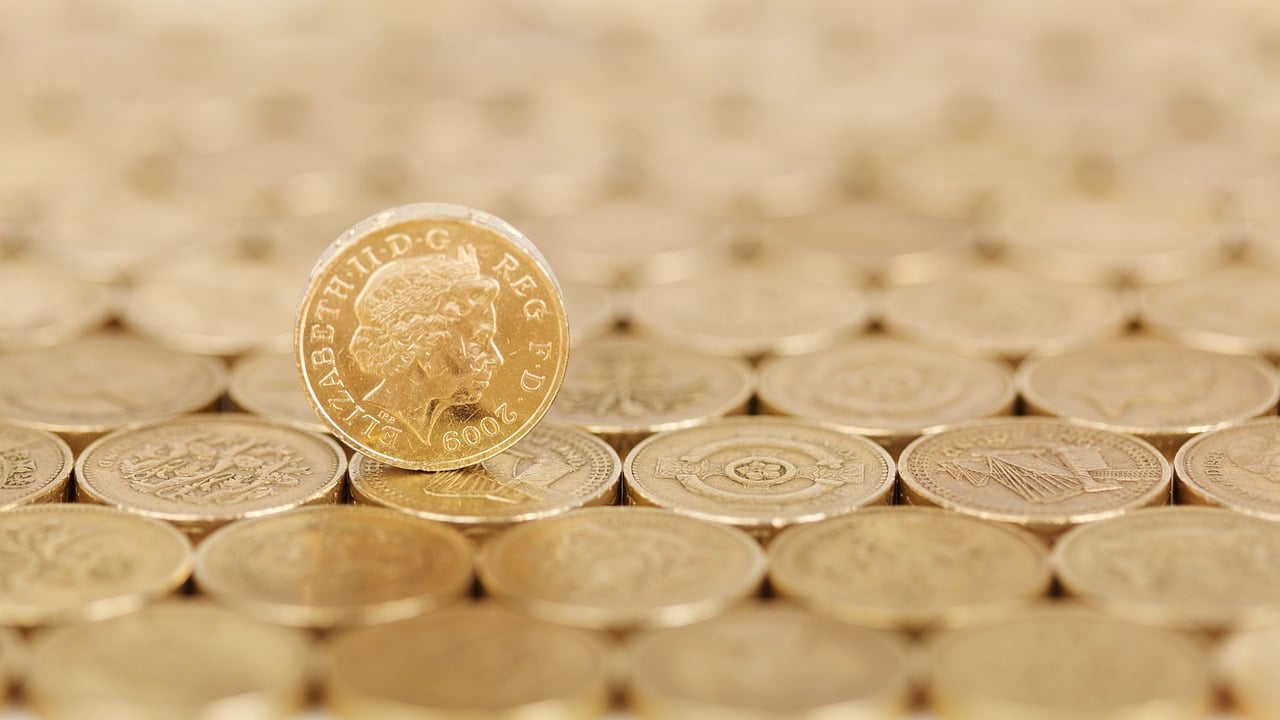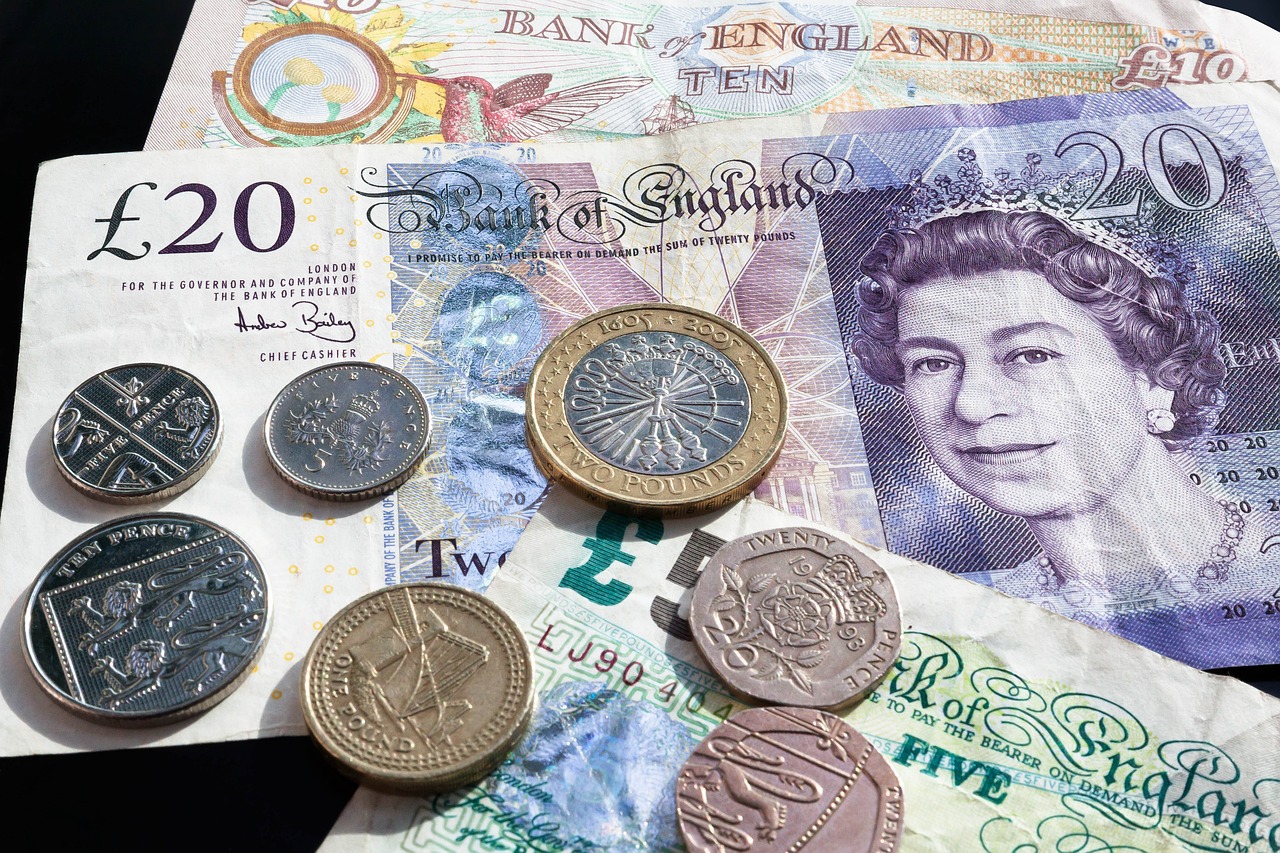
A coin is a metal piece that is used as a medium of exchange.
Currency is a term that comes from the Latin monēta and refers to a piece of gold, silver or other metal that, shaped like a disc and minted with various reasons to prove its value and legitimacy, is used as a medium of exchange ( money ). .
For example: "This juice is very cheap: you can buy it with just a couple of coins," "I need coins for the bus," "The grocer didn't give me change because he said he didn't have any coins."
Emergence of currency
Coins emerged to replace ingots, plates and other elements that were used as a means of payment but are inconvenient and difficult to transport. The first official coins were minted in Lydia between 680 and 560 BC. C. However, there would be much older coins ( 5000 BC , found in China ).
The value that currency has had throughout history is undeniable since there have been a multitude of them, all or almost all of them with singularities that made them different from the rest not only because of their costs or their shapes but also because of their names. Thus, for example, we could highlight the so-called Philippi , which received their name from King Philip II of Macedonia , or those known as Daric , which were coined with that name by the Persian monarch Darius .
It is also important to keep in mind that it is essential that every coin has the following parts in order to be designated as such: the edge, the obverse or face, the reverse, the legend, the imprint, the type and the brand.
Taking into account all these factors and many others, such as graphics or fields, is how the different currencies can be differentiated. At this time, among the most important in legal tender are the dollar , the euro , the yen and the pound , among others.

Currency can be used as a synonym for money.
A measure of value
Currently, currencies function as a measure of value , an instrument of direct acquisition or a means of hoarding wealth . Security regulations to prevent counterfeiting have multiplied in all countries of the world.
By extension, any legal tender bill , paper or currency is known as currency. For the economy , the currency is the set of representative signs of the money circulating in a country: "The government must defend the value of the currency to protect the purchasing power of the population" , "We have to accept that the euro is the currency most powerful in the world .
The science that studies the history of coins and money in general is called numismatics , as is the collecting of coins and medals.
Expressions with the term currency
We would also have to make clear a series of expressions that make use of the term in question. Thus, for example, we use “current currency” to refer to money that is in legal tender at that time.
In the same way, there is “hard currency” . It is a combination of words that we use very commonly to refer to the cash we use to make our purchases.
